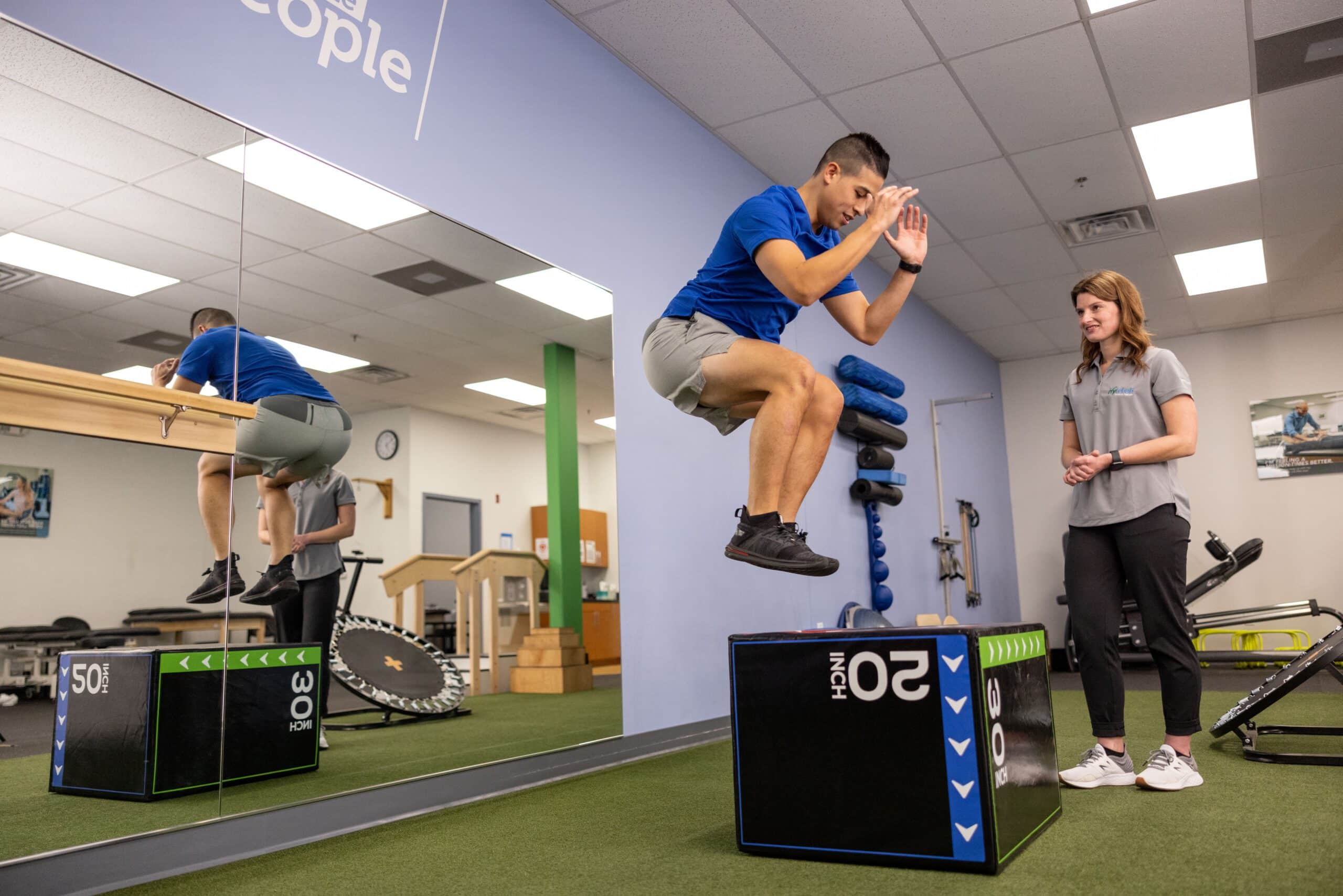Restoring Durability and Functionality Via Strength Training Following an Injury
Wiki Article
Rebuilding strength and capability after an injury is an important journey that many people face. Injuries can occur in multiple ways, such as sports injuries, falls, or even continuous strain from daily activities. When someone is hurt, it can lead to physical restrictions, emotional challenges, and a decrease in overall standard of life. Strength training is a valuable tool that can help individuals recover from injuries by enhancing muscle strength, enhancing mobility, and regaining confidence. This article will examine how strength training can aid in the rehabilitation journey and promote long-term health.
Resistance training involves exercises that improve muscle strength and stamina. After an injury, it is crucial to start with a recovery program that is customized to the individual's specific requirements. A physical therapist or a certified trainer can design a program that centers on the injured area while ensuring that the rest of the body stays active. This approach helps to avoid muscle atrophy, which is the deterioration of muscles due to inactivity. By gradually boosting the intensity and challenges of the exercises, people can rebuild their strength and recover functionality in a safe manner.
One of the main advantages of strength training after an injury is the improvement in joint stability. Many injuries can lead to weakened muscles around the joints, making them more susceptible to further injury. Strengthening these muscles helps to support the joints, reducing the risk of re-injury. Additionally, more powerful muscles can enhance balance and agility, which are crucial for daily activities. As people advance in their strength training, they often discover that they can execute tasks that were once challenging or unachievable, leading to a greater sense of independence.
Another important factor of resistance training is its beneficial impact on mental health. Recovering from an injury can be a frustrating and psychologically challenging experience. Participating in strength training can provide a sense of accomplishment and boost self-esteem. As individuals see improvements in their physical abilities, they may also experience a decrease in anxiety and stress. The production of hormones during exercise can enhance mood and promote a more positive outlook on rehabilitation. This psychological strength is just as vital as bodily recovery, as it motivates look what i found individuals to remain committed to their rehabilitation goals.
In summary, resistance training plays a crucial role in rebuilding resilience and functionality after an accident. By concentrating on muscle power, joint stability, and mental well-being, individuals can successfully manage the recovery process. It is essential to approach resistance training with a systematic plan that takes into account the specific needs of the affected area while promoting overall health. With commitment and the appropriate support, individuals can regain their strength, enhance their standard of life, and return to the activities they enjoy.
